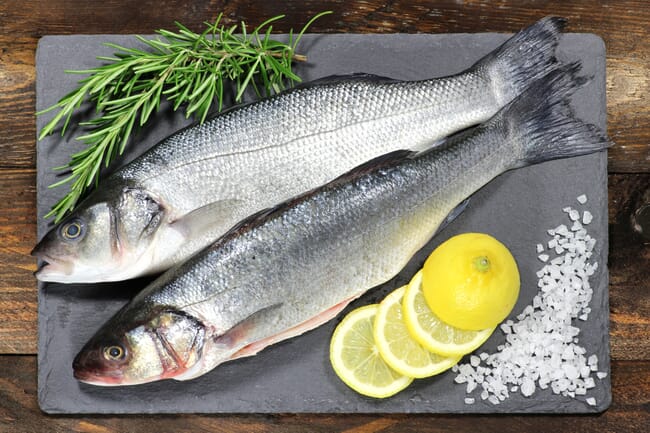
Metro Türkiye – a Turkish food wholesaler – has launched a project to cultivate sea bass and salicornia, a salt-tolerant food plant, in an integrated aquaponics system – the first of its kind for Türkiye's retail sector.
The initiative combines aquaculture with plant cultivation to produce sea bass and salicornia in the same closed system through the application of the aquaponics method. With this system, the growth period for sea bass, which can typically take up to 15 months, is reduced to 9 months. The system employs a recirculating aquaculture system (RAS) which provides a high level of control over water quality, temperature, and disease management, contributing to the system’s efficiency while enhancing productivity and product quality.
“In this system, plants are grown with nutrient-rich water that comes from the fish tanks. This creates a mutually beneficial relationship between fish and plants, resulting in a closed-loop ecosystem,” said Deniz Alkaç, Metro Türkiye board member, in a press release.
"In the facility built in Muğla, we use feed consisting of algae oil and reduced sea fish content in the production of sea bass. With this special feed, we contribute to healthy nutrition by producing fish richer in Omega-3,” he added.
The constant water quality monitoring facilitated by the state-of-the-art RAS system creates an ideal environment for fish to grow, including the elimination of the risk of microplastics. The system ensures traceability in terms of quality and food safety in both fish and plant production. Aquaponic systems also offer water efficiency when growing plants as they require only a fraction of the water used in traditional soil-based agriculture.
“RAS technology, now in a more mature state after decades of development and implementation, offers high production efficiency through high fish welfare levels, precise water quality control, automated feeding based on fish appetite, and waste management. It outperforms traditional aquaculture methods in resource utilisation and sustainability and is necessary for future sustainability and healthy protein production while preserving the environment,” said Yasin Kasa, chief commercial officer of Alpha Aqua, a collaborator on the project.
Metro Türkiye aims to meet an ambitious timeframe, hoping to have the first products produced within the system on market shelves by early 2025.




